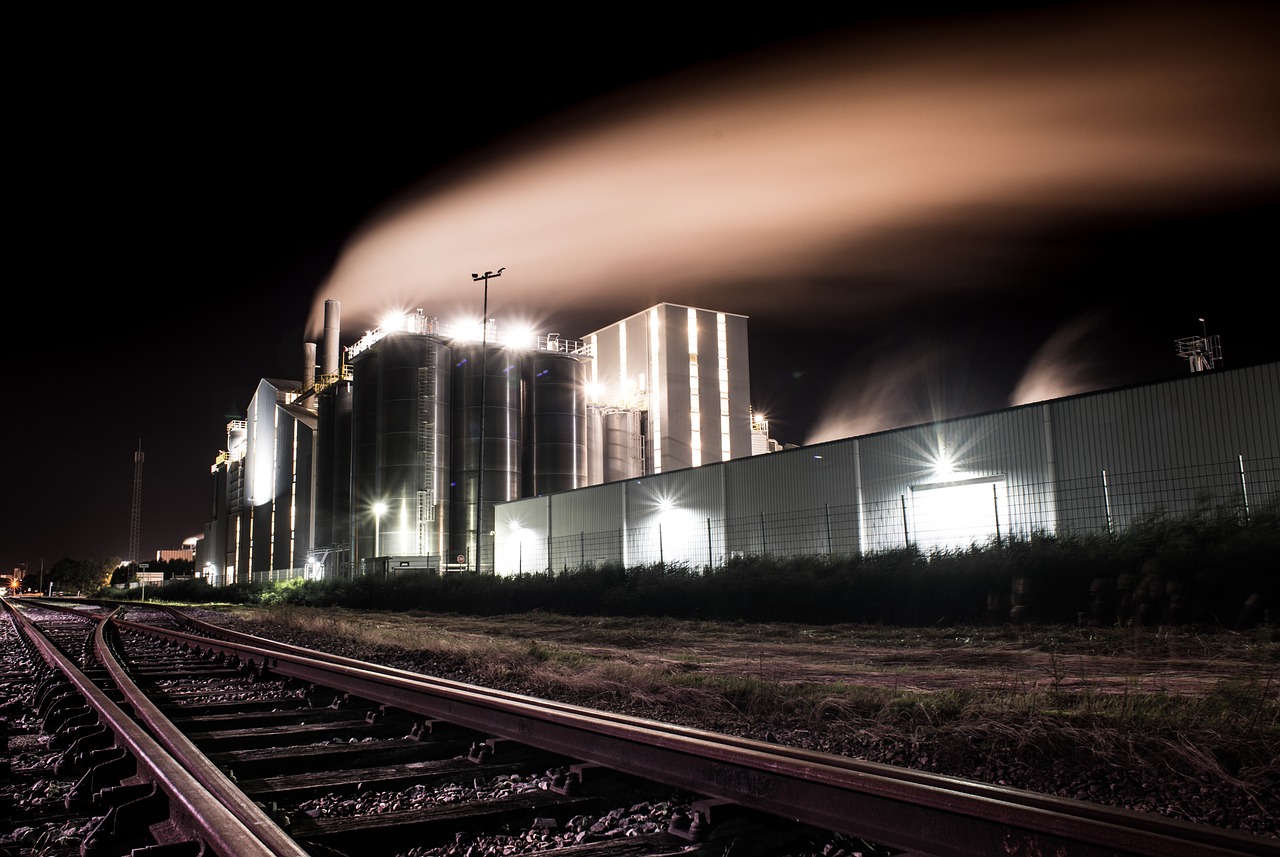Exploring the Potential of AI in Wildlife Protection Strategies
Wildlife protection is vital for maintaining a balanced ecosystem. Animals play a crucial role in pollination, seed dispersal, and maintaining the food chain, ultimately contributing to the overall health of the environment. By protecting wildlife, we can ensure the preservation of biodiversity and mitigate the negative impacts of habitat destruction and climate change.
Additionally, many species are also sources of food, medicine, and materials that are essential for human survival and well-being. Conserving wildlife not only safeguards these resources for future generations but also supports local economies that rely on activities such as ecotourism. Ultimately, the importance of wildlife protection extends beyond the animals themselves to encompass the interconnected web of life that sustains us all.
Challenges Faced in Wildlife Conservation
Wildlife conservation faces numerous hurdles in today’s world. One of the significant challenges is habitat destruction, as human activities continue to encroach upon critical wildlife habitats. Deforestation, urbanization, and agriculture expansions are causing a substantial loss of natural habitats, pushing many species to the brink of extinction.
Another major challenge in wildlife conservation is illegal wildlife trade. The demand for exotic pets, body parts for traditional medicine, and trophies drives a lucrative black market that threatens numerous species worldwide. Despite international regulations and enforcement efforts, illegal wildlife trade remains a pervasive issue, putting immense pressure on already vulnerable wildlife populations.
Why is wildlife conservation important?
Wildlife conservation is important to maintain biodiversity, preserve ecosystems, and ensure the survival of various species for future generations.
What are some of the challenges faced in wildlife conservation?
Some of the challenges include habitat loss, poaching, climate change, pollution, and human-wildlife conflicts.
How can individuals contribute to wildlife conservation efforts?
Individuals can contribute by supporting conservation organizations, practicing sustainable habits, reducing their carbon footprint, and spreading awareness about the importance of protecting wildlife.
What role do governments play in wildlife conservation?
Governments play a crucial role in implementing and enforcing conservation laws, creating protected areas, funding conservation projects, and collaborating with other countries to address transboundary conservation issues.
How can we address the challenges faced in wildlife conservation?
Addressing the challenges requires a multi-faceted approach, including better enforcement of laws, sustainable land use practices, community involvement, education, and collaboration between governments, NGOs, and local communities.





